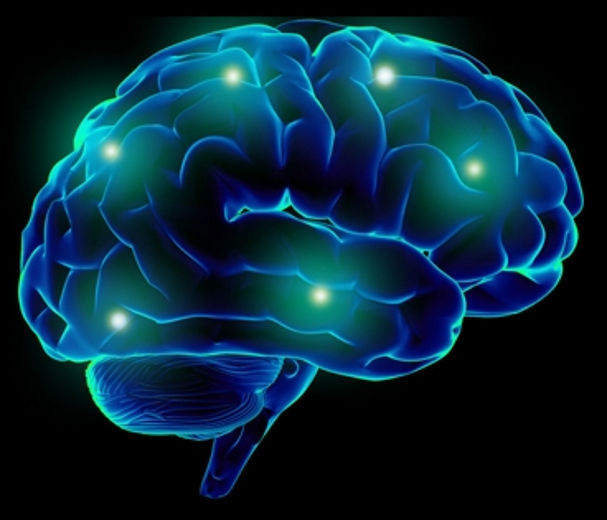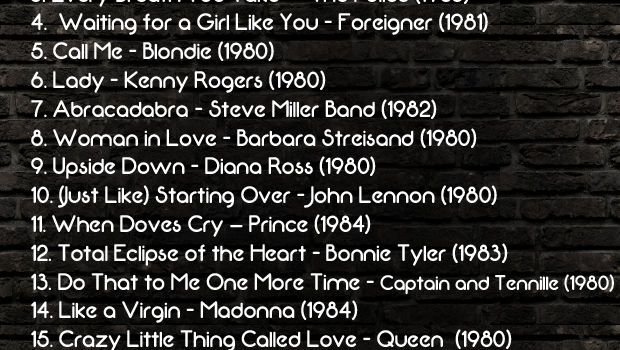This is the first of a two part article that very briefly explains how Music affects your brain. You will be amazed.
Hello 2018!!!
The brain can work in ways we can’t comprehend. In numerous studies they have been able to see just how much normal things like music can effect, and even alter, it completely. These facts about music will give you an insight into the complexity of your own mind.
1. The chills you get when you listen to music, is mostly caused by the brain releasing dopamine while anticipating the peak moment of a song.

Dopamine is a feel-good chemical released by the brain. This chemical is directly involved in motivation, as well as addiction. These studies found a biological explanation for why music always has been such a huge part of emotional events around the world since the beginning of human history.(source)
2. There are few activities in life that utilizes the entire brain, and music is one of them.

With Functional Magnetic Resonance Imaging (FMRI), a research team recorded a group of individuals who were listening to music. They found that listening to music recruits the auditory areas, and employs large-scale neural networks in the brain. In fact, they believe music can activate emotional, motor, and creative areas of the brain.(source)
3. Playing music regularly will physically alter your brain structure.

Brain plasticity refers to the brain’s ability to change throughout life. Changes associated with learning occur mostly at the connections between neurons. When studying musicians, they found that the cortex volume was highest in professional musicians, intermediate in amateur musicians, and lowest in non-musicians.(source)
4. The brain responds to music the same way it responds to something that you eat.
As stated above, dopamine is a chemical released by the brain. This chemical is connected with the feeling of euphoria which is associated with addiction, sex, and even eating. Dopamine is what enables a person to feel the pleasures of such things. A study using only instrumental music proves that anticipation for a musical rush released the same kind of reactions in the brain as anticipating the taste of your food.
5. Listening to music while exercising can significantly improve your work-out performance.

Dissociation is a diversionary technique which lowered the perceptions of effort. This technique can divert the mind from feelings of fatigue, and heighten positive mood states like vigor. By using music during low to moderate exercise intensities, you will find yourself with an overall more pleasurable experience while working out.(source)
6. An emotional attachment could be the reason for your favorite song choice.

Favorite songs are often context-dependent. Even though many people often change their favorite song depending on the most recent releases, it is proven that long-lasting preferences are due mainly to an emotional attachment to a memory associated with the song.(source)
